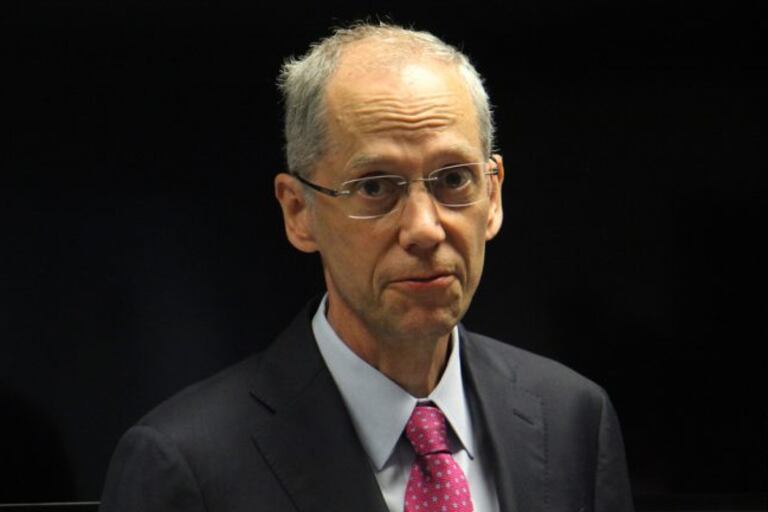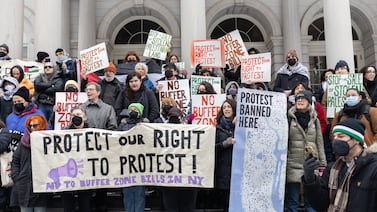Philadelphia’s health commissioner warned Tuesday that teachers might have to wait longer than expected to get vaccinated.
City officials said last week that they anticipated teachers would get access to the vaccine beginning on Jan. 25. But Dr. Thomas Farley cautioned Tuesday that the city has a limited number of doses and a large number of people who qualify for vaccination during Phase 1B of the city’s plan.
“We are going to be gradually working down that list of frontline workers,” he said. “I know people want to know what date we are going to get to them [teachers]. I would love to give them a date, but unfortunately I can’t because we don’t know how many of the people above them are going to want to be vaccinated.”
Teachers are considered frontline workers, but will have to wait until others in the 1B group receive vaccinations. Those include first responders, employees who work in corrections, service providers working with vulnerable populations, and public transit employees. These groups will take weeks to be vaccinated, at which point, additional prioritized groups will start receiving invitations to schedule appointments.
“If everybody above them [teachers] wants to be vaccinated, it’s going to take us longer to get through them,” Farley said.
Farley recommended Philadelphia teachers who live in the surrounding suburbs try to get the vaccine in their respective area. “They should do that to help reduce the number we have to be responsible for,” Farley said.
Vaccine allocation nationwide is based on population, which means the number of doses the city gets for teachers has nothing to do with who is working in Philadelphia, said Dr. Caroline Johnson, the city’s deputy health commissioner.
“We are not in a position where we can turn away essential workforce people because they don’t live in Philadelphia,” Johnson said. “The strategy that we would like to see is people not living in Philadelphia seek the vaccine outside of the city. But in order to get our schools back up and operating, if we need to vaccinate people living outside the city we would do that.”
Johnson said the health department is unaware about the protocols for teachers in the surrounding counties.
“They have not said anything about when those teachers are going to be eligible or what procedures have been put in place to vaccinate teachers who live in other counties,” Johnson said. “What I’m saying is if they do not get vaccinated we will take responsibility for them.”
Teachers’ families don’t have the same priority for vaccinations, Johnson said. “The eligibility for the essential worker is only for the person doing that position,” she said.
The health department Tuesday announced 1,666 additional confirmed cases of COVID-19 in the city, bringing the number of confirmed cases to 101,629. There have been eight additional fatalities, bringing the number of deaths caused by the virus to 2,720.
“The numbers in the city are lowering, but they are still significant,” Farley said.





